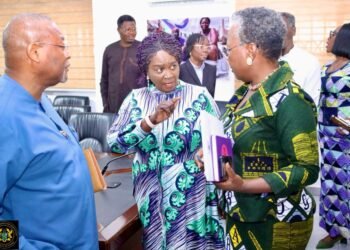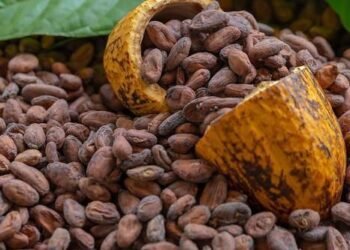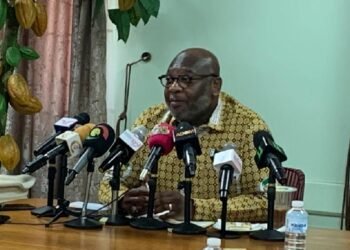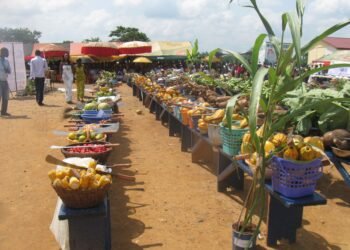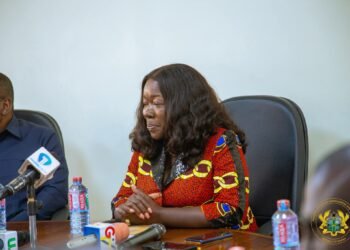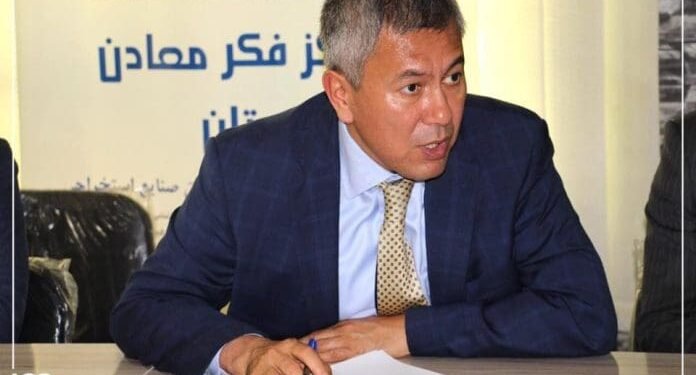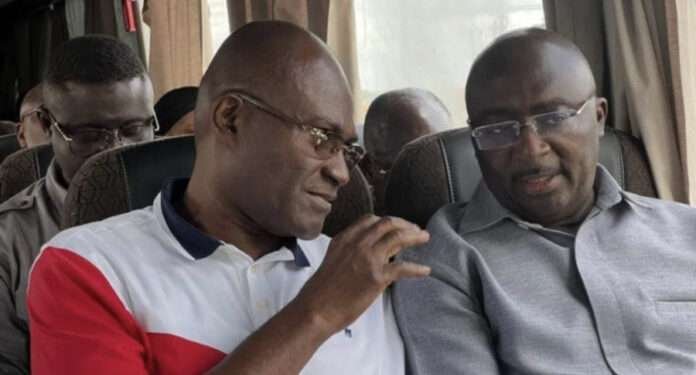The Ministry of Food and Agriculture (MoFA) has highlighted the crucial role the European Union (EU) is playing in the development of Ghana’s agriculture sector.
MoFA disclosed in a statement that it has a very cordial relationship with the EU, which is currently partnering with the Agriculture Ministry of Ghana, to develop the sector in a program spanning 2017-2024.
“The European Union (EU) and Ghana have good relations in the Agriculture sector. The EU is supporting Ghana financially with the European Union-Ghana Agriculture program (EU-GAP) with €147 million over a period of 7 years (2017-2024). The EU-GAP will support farmers in increasing their income, productivity and resilience”.
MoFA
The EU-GAP is being implemented in 14 districts; 11 in the Upper West Region, 2 districts in North East Region and 1 in Savannah Region, MoFA highlighted.
The objective of the Program, according to the MoFA, is to provide critical infrastructural investments and strengthen integrated business models along selected value chains to stimulate inclusive and sustainable economic growth.
Components of the program
The program, which covers the savanna ecological zone, is being implemented in three components. The first Component focused on Institutional Capacity Building and Commodity Value Chain Development which is being implemented by MOAP-GIZ. According to MoFA, the total budget for component I is €26.3 million of which the EU is providing €25 million whilst the GIZ is contributing €1.3 million.
The Ministry of Agriculture explained that the first component aims at Supporting integrated business models along selected agricultural commodity value chains that stimulate inclusive and sustainable economic growth.
Under the first component, MoFA indicated that it has “supported the preparation of 12 District Medium Term Development Plans 2018 – 2021. Pre-financed 20 Aggregators to supply agro inputs to 5,459 outgrowers under input supply credit facility”.
The Ministry indicated that it has trained personnel in improved extension delivery as well as plant doctors to undertake quality inspection of input shops and seed fields.
Furthermore, MoFA highlighted that it has provided Logistics to operate 14 plant clinics whilst 1,763 cashew farmers bought 113,200 improved grafted cashew seedlings (MOAP subsidized transport of seedlings). MoFA also supported stakeholders for Mango Study Tour to Peru and facilitated the formation of two Value Chain platforms; Soya Bean Round Table (SBRT) and the Upper West Region Rice Platform linked to National Rice Coordination Committee (NRCC).
Resilience Against Climate Change
Component II of the program focused on Resilience Against Climate Change (REACH) with a total budget of € 19.5 million of which the EU is contributing €17 million whilst €2.5 million will come from BMZ. This component focuses on district and community development planning concerning sustainable management of land assets and natural resources (forest, pastures, soil, and water) to enable a sustainable and inclusive improvement in the rural economy, MoFA disclosed.
Component III – Productive Investment for Savannah Ecological Zone- has four sub-components managed by separate agencies. The sub-components include the Agricultural Water Management with a total budget of €57 million. The EU’s contribution is €52 million whilst €5 million is coming from AFD. Another sub-component is Transport Infrastructure with a total cost of €35 million which is being implemented by the World Bank in partnership with the Department of Feeder Roads (DFR).
The other two sub-components include Solar Energy and Matching Fund with total costs of €5 million and €10 million respectively. MoFA disclosed that both will be managed by the Africa Investment Platform (AIP) in partnership with other entities.
READ ALSO: We Apologize to Our Fans for Not Making the Ultimate Dream Come True – Hearts of Oak Sporting Club




